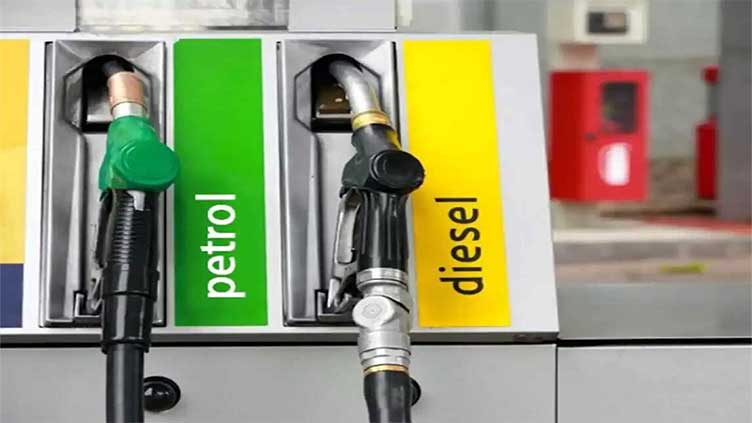Motorists in Pakistan may receive some welcome relief as petrol and diesel prices are expected to drop starting November 1. According to government sources, a decline in global oil prices combined with a stronger exchange rate has paved the way for a reduction in fuel costs. This anticipated cut will offer much-needed relief to citizens burdened by rising inflation and transportation costs.
Global Market Trends in Pakistan’s Favor
The expected reduction in petroleum prices follows a dip in global crude oil prices over the past few weeks. Brent crude, which had surged above $90 per barrel earlier, has now fallen significantly due to weakened demand from key markets and diplomatic efforts to stabilize oil supplies amid geopolitical tensions.
Additionally, the recent stabilization of the Pakistani rupee against the U.S. dollar has improved the government’s ability to procure fuel at lower rates, easing pressure on local fuel prices. The combination of these factors is likely to benefit consumers starting from November.
Expected Changes in Prices
Although official figures are yet to be released, analysts predict a reduction of PKR 8-12 per liter for petrol and a similar decrease for high-speed diesel (HSD). If implemented, this would be the first significant relief in fuel prices after months of steady hikes that strained household budgets and increased transportation costs across the board.
The new prices will be announced on October 31, following a review by the Oil and Gas Regulatory Authority (OGRA). The final decision, however, rests with the Ministry of Finance, which will take into account both domestic market conditions and fiscal requirements.
Impact on Inflation and Transport Sector
A reduction in fuel prices could bring short-term relief to various sectors. Lower transportation costs may lead to a slight reduction in food and goods prices, easing inflationary pressure on consumers. Public transport services are also expected to lower fares, which would provide further relief to daily commuters.
For industries that rely heavily on fuel, such as logistics and agriculture, the reduced diesel prices would cut operational costs, improving profitability and possibly curbing the rising prices of essential commodities.
Challenges Ahead
Despite the anticipated relief, economic experts caution that fuel price reductions may be temporary, as global oil markets remain volatile. Any unforeseen geopolitical developments or production cuts by OPEC could reverse the downward trend in the coming months. Moreover, the government will have to balance price adjustments with its fiscal needs to meet International Monetary Fund (IMF) commitments, which require strict revenue targets.
Looking Forward
While the November 1 price cut may not be a long-term solution, it offers immediate respite to citizens grappling with inflation. As winter approaches, a stable fuel market will be essential for keeping transportation and energy costs manageable. Citizens are hoping for further stabilization in the economy, which would ensure such reductions become more consistent rather than a rare occurrence.
The official announcement on October 31 will confirm whether the projected cuts align with expectations, but for now, Pakistan’s motorists are preparing to welcome any relief they can get at the fuel pumps.
sources:-
ARY News, Samaa TV, Down News, Bol News, Geo News,





